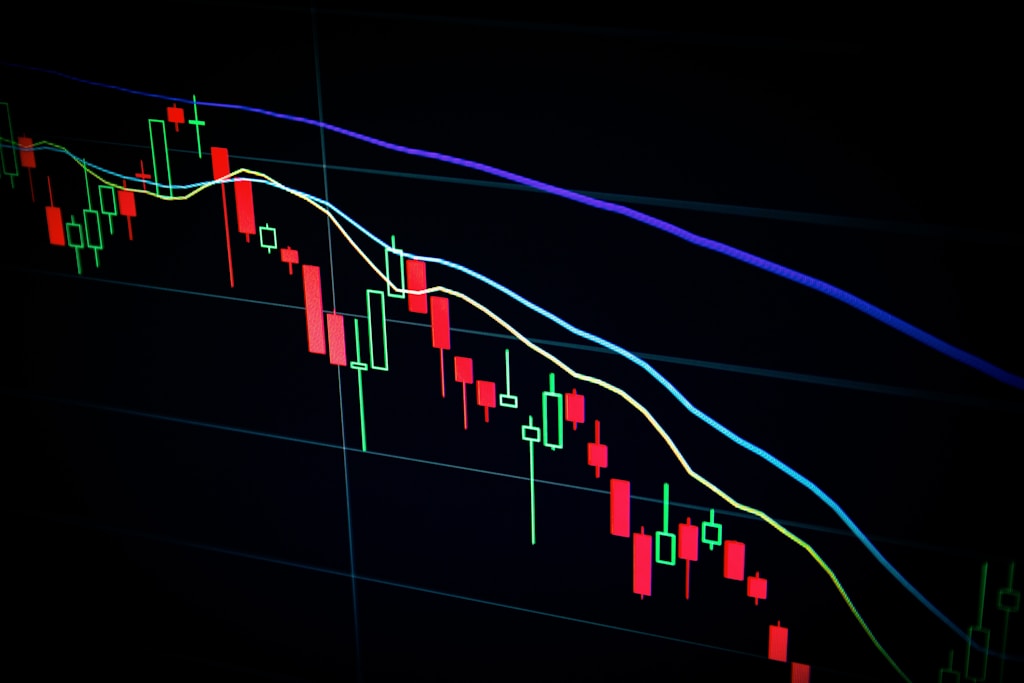In a significant development for the cryptocurrency industry, former President Donald Trump has issued pardons to BitMEX founders Arthur Hayes, Benjamin Delo, and Samuel Reed, according to CNBC reports. This executive action marks a pivotal moment in one of crypto’s most high-profile legal cases.
Background of the BitMEX Case
BitMEX, once one of the largest cryptocurrency derivatives exchanges, faced intense scrutiny from U.S. authorities in 2020. The founders were charged with violating the Bank Secrecy Act by failing to establish adequate anti-money laundering procedures. Hayes, who became a Bitcoin billionaire through the platform’s success, later pleaded guilty and received a six-month house arrest sentence in 2022.
Impact on Crypto Regulation Landscape
The presidential pardons come at a time when regulatory bodies are reassessing their approach to crypto enforcement. This decision could influence future cases and regulatory strategies in the digital asset space.
Market Implications
While the immediate market reaction remains measured, this development signals a potential shift in the regulatory environment for cryptocurrency exchanges and their operators.
FAQ Section
What were the original charges against BitMEX founders?
The founders were charged with violating the Bank Secrecy Act by failing to implement proper KYC and anti-money laundering procedures.
Does this pardon affect BitMEX’s current operations?
The pardon affects the founders personally but does not directly impact BitMEX’s current operations or regulatory status.
What are the implications for other crypto exchanges?
This pardon may influence how similar cases are handled in the future, though it doesn’t change existing regulatory requirements for exchanges.






